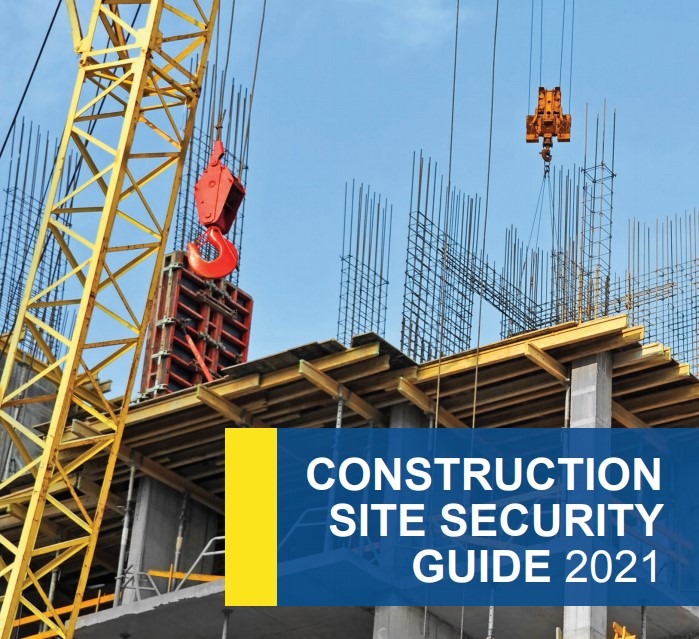Construction Site Security guide
Contents |
[edit] Introduction
Secured by Design (SBD) is a police initiative that seeks to encourage the construction industry to adopt crime prevention measures in the design of developments, to assist in reducing the opportunity for, and fear of, crime.
SBD is owned by the National Police Chiefs’ Council (NPCC) and has the support of the Home Office Crime Reduction and Community Safety Group and other Government Departments. The National Police Chiefs’ Council for England, Wales and Police Scotland endorse and support the Secured by Design programme.
[edit] Site security guide
In 2021, SBD published a guide entitled Construction Site Security. The publication offers advice about how to protect sites from theft, vandalism, arson and other types of security violations that may result in additional long-term financial and scheduling consequences caused by the interruption of work.
The guide was prepared by SBD with assistance from the Metropolitan Police Service (MPS), Police Scotland, the Considerate Constructors Scheme, London Fire Brigade (LFB), the National Business Crime Centre, Sold Secure, the UK official Centre for the Protection of National Infrastructure (CPNI) and the National Police Chiefs’ Council (NPCC).
The guide can be downloaded for free from the SBD website.
[edit] Overview
The advice is based on crime prevention principles that are suitable for all types of sites. The information in the guide is designed for security personnel and all other members of staff.
Topics in the guide include:
- Perimeter security.
- Site access.
- Site offices.
- Lighting.
- CCTV.
- Vehicle protection.
- Plant, machinery and tools.
- Urban exploration or Urbex (this refers to the unauthorised, after hours exploration of infrastructure sites - sometimes with the use of drones - typically for the purpose of photographing and posting to social media).
- Fire prevention.
- Employment screening (including guidance regarding personnel pre-employment requirements and verification measures).
[edit] Related articles on Designing Buildings Wiki
- Access to construction sites.
- Drone regulations and safety.
- Health and safety.
- Perimeter security.
- Preventing unauthorised access to construction sites.
- Secured by design.
- Urban exploration UE.
[edit] External resources
Featured articles and news
A case study and a warning to would-be developers
Creating four dwellings... after half a century of doing this job, why, oh why, is it so difficult?
Reform of the fire engineering profession
Fire Engineers Advisory Panel: Authoritative Statement, reactions and next steps.
Restoration and renewal of the Palace of Westminster
A complex project of cultural significance from full decant to EMI, opportunities and a potential a way forward.
Apprenticeships and the responsibility we share
Perspectives from the CIOB President as National Apprentice Week comes to a close.
The first line of defence against rain, wind and snow.
Building Safety recap January, 2026
What we missed at the end of last year, and at the start of this...
National Apprenticeship Week 2026, 9-15 Feb
Shining a light on the positive impacts for businesses, their apprentices and the wider economy alike.
Applications and benefits of acoustic flooring
From commercial to retail.
From solid to sprung and ribbed to raised.
Strengthening industry collaboration in Hong Kong
Hong Kong Institute of Construction and The Chartered Institute of Building sign Memorandum of Understanding.
A detailed description from the experts at Cornish Lime.
IHBC planning for growth with corporate plan development
Grow with the Institute by volunteering and CP25 consultation.
Connecting ambition and action for designers and specifiers.
Electrical skills gap deepens as apprenticeship starts fall despite surging demand says ECA.
Built environment bodies deepen joint action on EDI
B.E.Inclusive initiative agree next phase of joint equity, diversity and inclusion (EDI) action plan.
Recognising culture as key to sustainable economic growth
Creative UK Provocation paper: Culture as Growth Infrastructure.






















